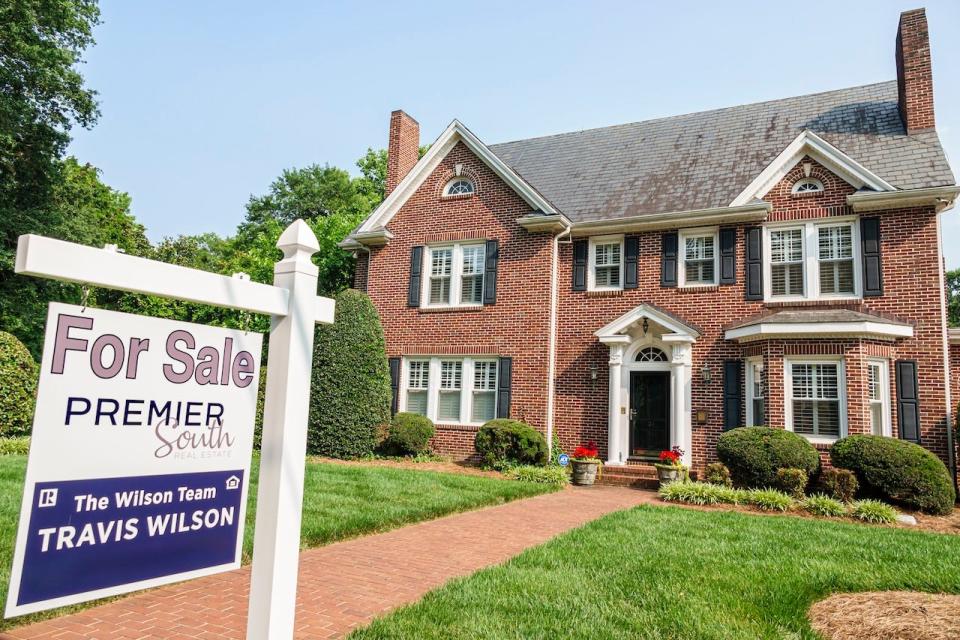Some homeowners are doing surprisingly badly, even as their homes grow more valuable than ever

A severe housing shortage has made both buying and renting increasingly unaffordable.
But those lucky enough to own a home are struggling, too.
Harvard report finds cost-burdened homeowners rose by three million from 2019 to 2022.
You may have heard it's a terrible time to buy or rent a home. A severe shortage of housing, high mortgage interest rates, and strong demand from a growing number of new households have made it increasingly unaffordable to put a roof over your head.
The only group that seems to be faring well through this housing crisis are homeowners who locked in low-interest mortgages before rates began soaring two years ago. The average rate for mortgages that homeowners currently hold is just about 4%, while the current 30-year interest rate for those who want to buy a house now is around 7%, according to a new report from the Harvard Joint Center for Housing Studies on the state of US housing.
"Having locked in fixed rates with lower monthly payments, homeowners as a whole are paying less on housing debt service as a percentage of income than at any time since 1980," the report found.
As home prices soar, property owners are sitting on historic levels of home equity. The average homeowner's equity has soared by $28,000 just over the past year — growing to an average of about $305,000, according to Corelogic.
But even many of those lucky homeowners are increasingly struggling with the rising costs of home insurance premiums, home repairs, and property taxes. And they can't afford to move.
Lower-income, older people, and people of color are among the most vulnerable. Their options for moving or downsizing are increasingly limited with high mortgage rates and a scarcity of smaller, accessible homes.
The number of cost-burdened homeowners — those who spent more than 30% of their income on housing and utilities — rose by about three million people between 2019 and 2022. Most of this increase was among those who make less than $30,000 a year. A full 30% of Black and 28% of Hispanic homeowners are cost-burdened, compared to 21% of white homeowners, the Harvard report found.
"The all-in monthly costs of the median-priced home in the US are the highest since these data were first collected more than 30 years ago," the Harvard report found.
Insurance costs have risen dramatically in communities across the country — a result both of increasingly severe climate issues, including flooding and fires, and the elevated cost of home construction and repairs. Nationally, average home insurance premiums rose by 21% between May 2022 and May 2023, Policygenius found.
"Even if they're not paying a lot on the mortgage or property taxes, the maintenance, both in costs and labor, are often quite a burden on these households," Jenny Schuetz, an expert in urban economics and housing policy at the Brookings Institution, told Business Insider earlier this year.
Are you a homeowner struggling with rising insurance premiums or other costs? Reach out to this reporter at erelman@businessinsider.com.
Read the original article on Business Insider

 Yahoo Finance
Yahoo Finance 